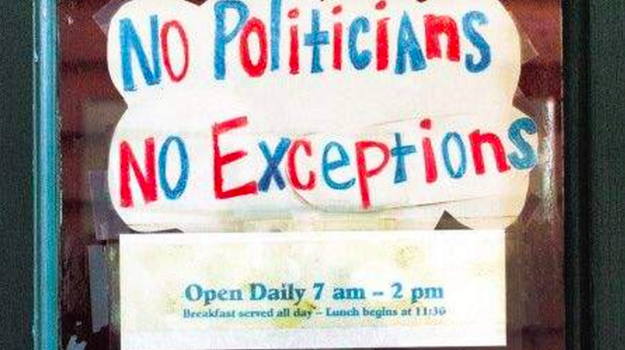In my business, there’s a lot of fretting about the idea of representativeness. Pollsters put questions to, say, a thousand people – and take them as a sample of the country. How to be sure that you have the right sample? You need the right number of men, women, northerners, middle class, Lib Dem voters etc – but that’s the easy part. Your method of selection matters hugely, and it can skew the sample in other, less tangible ways. Every pollster is vulnerable to this so-called ‘selection bias’ . If you survey people on high streets, for example, you’ll get people tend to be out-and-about – rather than at home. If you survey people online (as YouGov does) you need to take steps to make sure that you’re not over sampling web enthusiasts.
One of the many theories behind the pollsters’ collective failure to predict the general election outcome is that, these days, people who answer any kind of pollsters’ questions may be more politically engaged.

Get Britain's best politics newsletters
Register to get The Spectator's insight and opinion straight to your inbox. You can then read two free articles each week.
Already a subscriber? Log in






Comments
Join the debate for just £1 a month
Be part of the conversation with other Spectator readers by getting your first three months for £3.
UNLOCK ACCESS Just £1 a monthAlready a subscriber? Log in